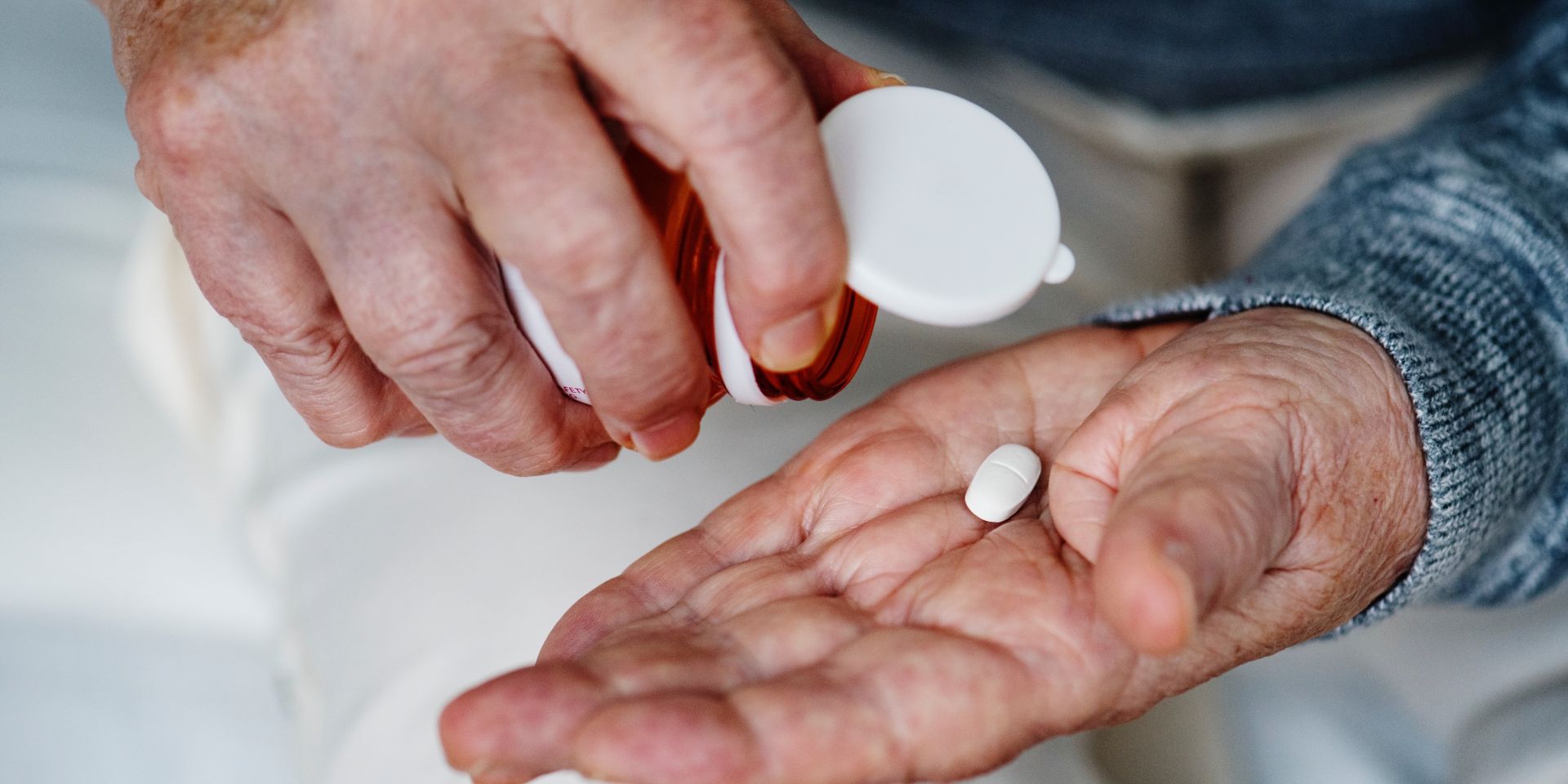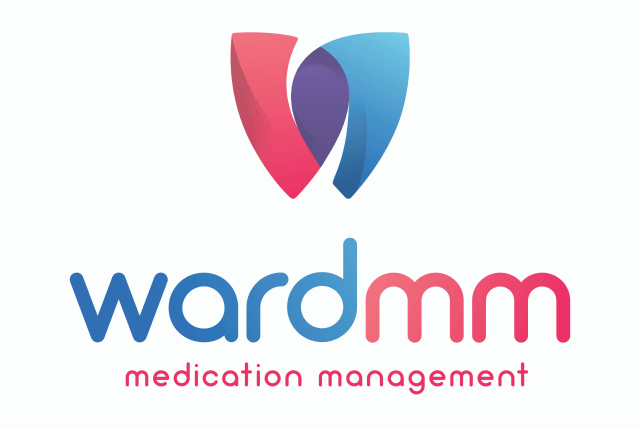
Keeping you safe with your medications
This page regarding medicine-related harm is brought to you by our partner Ward Medication Management.
Did you know that each year 250,000 Australians are hospitalised, with another 400,000 presenting to emergency departments, as a result of medication errors, inappropriate use, misadventure and interactions – at least half of which could have been prevented? Did you also know that two out of 3 people over the age of 65 are taking more than 5 medications? If you are taking more than 5 medications, known as ‘polypharmacy’, there is an 88% chance that you may be experiencing side effects from one or more of those medicines.
As we get older, the chances are we will be started on medications for our various ailments. Although these medications can be beneficial, we also know that the more medicines we take the more likely we are to experience one or more side effects from them. It can be difficult to identify the culprit as we don’t always experience problems from the first time we take our medicines, or even realise that it is the medication that is the problem.
Martha had been living with her daughter for the last four years and was quite well. Suddenly over several days she became confused and didn’t want to take her medications. Her daughter also noticed that she appeared to have a temperature. She was concerned about her mum and spoke to her doctor. The doctor requested for us to come to their house to conduct a medication review to ascertain if it was one of her medicines that was causing her problems.
One of our experienced clinical pharmacists visited Martha in her home, spoke to her daughter and had a look at her medications. What we realised was that Martha had been recently started on a medication to help address some behavioural issues that she had been exhibiting because of her dementia.
This medication (risperidone) can cause a rare, but potentially life-threatening side effect called neuroleptic malignant syndrome (NMS), of which Martha had some of the symptoms. We contacted Martha’s GP and explained to him that we thought this was most likely the guilty culprit and her GP decided to stop this medication.
Within a few weeks Martha was taking her medications, walking around and her general health had returned to normal.
In this situation we were able to work closely with Martha and her family and GP to identify the problem.
Martha’s symptoms were quite extreme, so we were alerted to the issue quickly, and able to identify the problem medication.
Unfortunately, it is not always possible to find out which, if any of the medications you are taking are causing you harm. Often it is by trial and error that we find out.
It is where you experience a harmful effect from your medication. It may be non-predictable e.g. an allergic reaction, predictable e.g. a side effect, or preventable e.g. a medication error. Another name for this is an adverse drug event.
The more medicines you take, the greater chance you have of experiencing some sort of side effect from one or more of them. The tipping point appears to be 5 or more medications and as one of my colleagues likes to tell, when asked “What is the most dangerous drug you can take? His answer was the sixth one!”
In addition to the impact on your quality of life you may also require a clinical intervention such as a visit to a doctor or the hospital. It is estimated that medication-related harm is responsible for about 30% of hospitalisations in older Australians. Up to 15% of older people visiting their GP report experiencing some sort of medication-related harm, and up to ¼ of these are deemed preventable.
Eliminating medication-related harm is a tall order!
A few things to help decrease the risks are to:
- be informed about your medications
- don't be afraid to ask questions
- ask your doctor and pharmacist why you are being prescribed that medication
- ask your doctor and pharmacist what to expect as a benefit and potential risk (or side effects) of taking that medication
Some medications are deemed “high risk” so we know that we will need to keep a close eye on you if you are taking them. These include medications to treat heart disease, blood clots, diabetes and behavioural disorders, and the risk is especially greater in the older population. This can then help you if you do experience a side effect to be able to question if it is the medication or something else.
If you are taking 5 or more medicines, you can access a Home Medicines Review.
A Home Medicines Review (HMR) is a way for your pharmacist and GP to do a check-up on your medicines. A Ward MM Clinical Pharmacist will help review your medications and ensure medicines are being used effectively whilst avoiding any unwanted side effects or harm.
A HMR is available to anyone living independently and are at risk of experiencing medication misadventure and is free, providing you have a current Medicare or Department of Veteran’s Affairs card. The Australian Government will fund one Home Medicine Review every two years or on request from your GP following a clinical incident such as a fall or hospital visit.

Ward Medication Management is Australia’s leading clinical pharmacy company and has been providing medication reviews for over 20 years.
Our highly qualified team of clinical pharmacists care for over 27,000 older Australians and provide clinical pharmacy decision support to doctors. As the guardians of safe and appropriate use of medications, it is our mission to protect people from medication-related harm.
